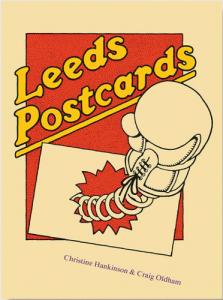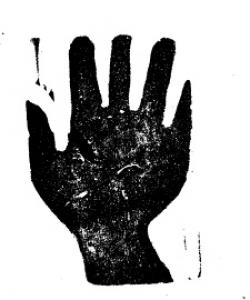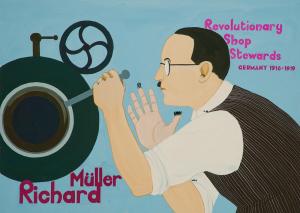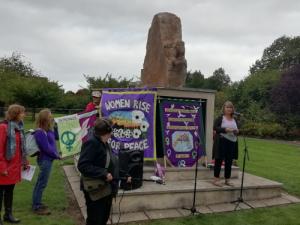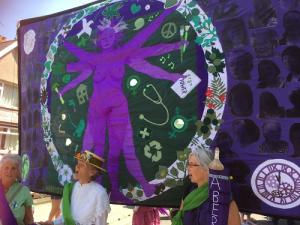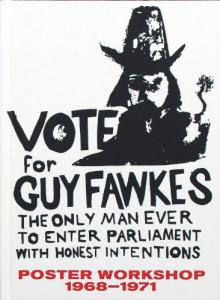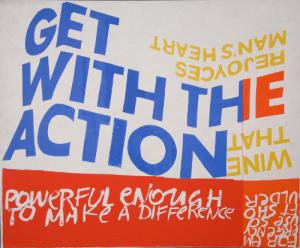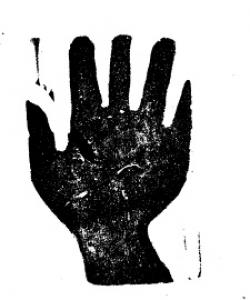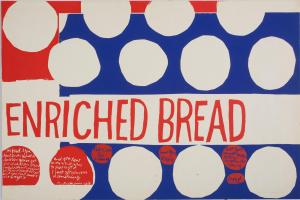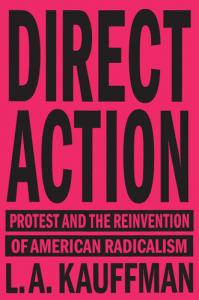It must have been a strange sight: the ex-suffragette leading a procession of soldiers marching four abreast down Whitehall, under the banner ‘Lift the Hunger Blockade!’
The Women’s International League (WIL) had been demonstrating in Trafalgar Square on 6 April 1919 against the continuing blockade of Germany and Austria-Hungary. WIL was the British section of an international peace group, the International Committee of Women for Permament Peace (ICWPP), which had been established at…



